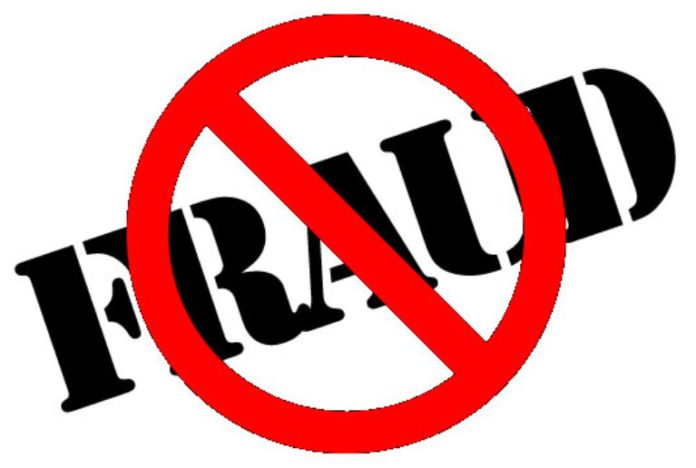
The US Department of Justice has released details of how a Ghanaian based in Fredericksburg in Virginia laundered over $35m in romance scam and other fraud schemes from Ghana
The Department said Fred Asante has pleaded guilty to one count of conspiracy to commit money laundering, which carries a maximum sentence of 20 years in prison.
The maximum potential sentence, in this case, is prescribed by Congress and is provided here for informational purposes only, as any sentencing of the defendant will be determined by the judge.
Under the terms of his plea agreement, the 36-year-old agreed to pay a money judgment of $647,488 and to forfeit his interest in approximately $323,646 seized by the American government from his bank accounts and a 2021 Mercedes-Benz GLE AMG seized by the government.
The suspect will be sentenced on May 18, 2022, the Department of Justice said.
Mr Asante’s co-conspirator, also of Ghanaian descent, Lord Anning, pleaded guilty to conspiracy to commit wire fraud on October 15, 2021, and will be sentenced on February 28, 2022, at 4:30 p.m.
Read the Indictment, public court filings, and statements made in court below;
From at least in or about 2013 through at least in or about 2020, Mr Asante was a member of a criminal enterprise (the “Enterprise”) based in Ghana that committed a series of frauds against individuals and businesses located across the United States, including in the Southern District of New York.
The frauds perpetrated by the Enterprise have consisted of, among other frauds, business email compromises, romance scams, and fraud schemes related to the novel coronavirus/Covid-19 pandemic. First, the objective of the Enterprise’s business email compromise fraud scheme was to trick and deceive businesses into wiring funds into accounts controlled by the Enterprise through the use of email accounts that “spoofed” or impersonated employees of a victim company or third parties engaged in business with a victim company.
Second, the Enterprise conducted the romance scams by using electronic messages sent via email, text messaging, or online dating websites that deluded victims, many of whom were vulnerable older men and women who lived alone, into believing the victim was in a romantic relationship with a fake identity assumed by members of the Enterprise.
Once members of the Enterprise had gained the trust of the victims using the fake identity, they used false pretenses to cause the victims to wire money to bank accounts the victims believed were controlled by their romantic interests, when in fact the bank accounts were controlled by members of the Enterprise.
Finally, the Enterprise submitted fraudulent loan applications through a loan program of the United States Small Business Administration (the “SBA”) designed to provide relief to small businesses during the Covid-19 pandemic, namely the Economic Injury Disaster Loan (“EIDL”) Program.
The Enterprise submitted fraudulent EIDL applications in the names of actual companies to the SBA and when an EIDL loan was approved, the funds were ultimately deposited in bank accounts controlled by members of the Enterprise.
Mr Asante and other members of the Enterprise received fraud proceeds from victims of the Enterprise in dozens of business bank accounts that they controlled in New York, New Jersey, and Virginia. The business bank accounts were opened in the names of companies formed byMr Asante and other members of the Enterprise that were purportedly involved in, among other things, automobile sales, food imports and exports, and freight trucking and shipping.
Once ASANTE received fraud proceeds in bank accounts under his control, he withdrew, transported, and laundered those fraud proceeds to other members of the Enterprise abroad. The defendant primarily laundered the fraud proceeds through his business by using the proceeds to purchase automobiles, food products, and other goods from U.S.-based suppliers and distributors of such products and shipping those products to Ghana and elsewhere.
The defendant’s transactions had the appearance of legitimate business transactions when, in fact, the products had been purchased using the proceeds of fraud schemes. This trade-based money laundering scheme was designed to obscure the origin of the fraud proceeds as well as the identity of the ultimate beneficiaries of these schemes. In total, from in or about 2016 through in or about 2020, the defendant controlled over a dozen business bank accounts with deposits totalling over $35 million.
